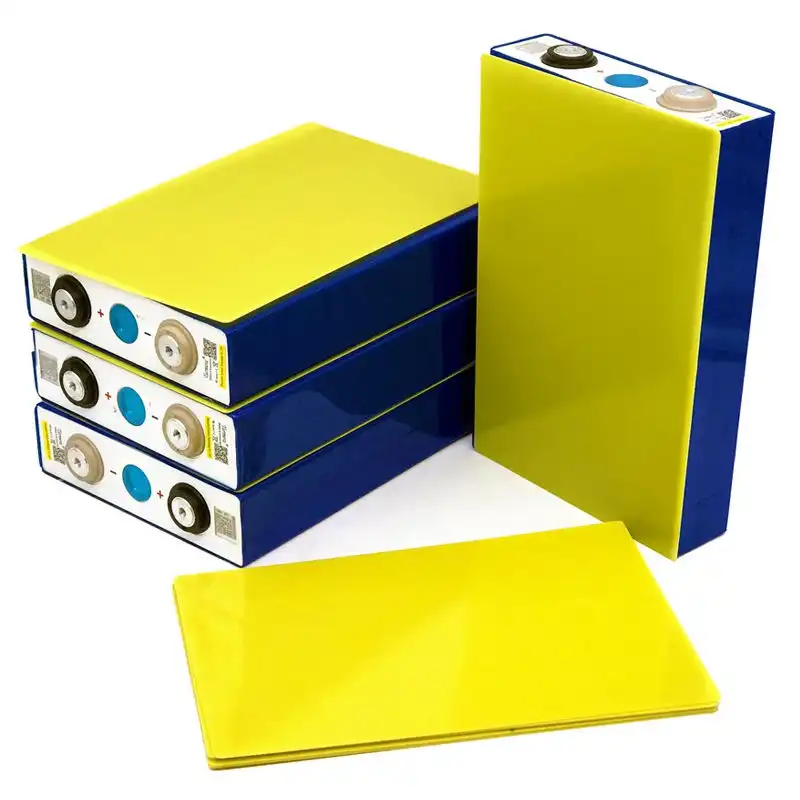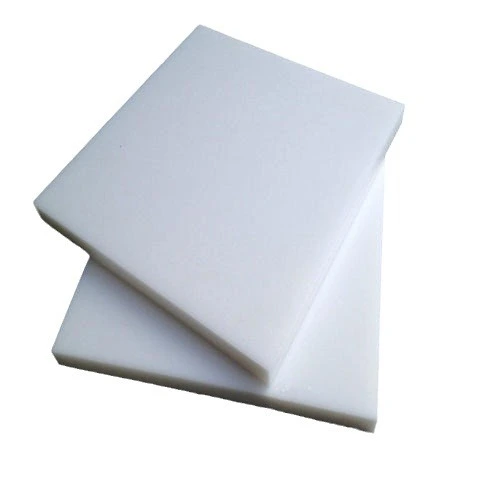Phenolic material: advantages and application
2024-11-06 17:20:42
Phenolic Sheet materials have become increasingly popular in various industries due to their exceptional properties and versatile applications. As a manufacturer with over two decades of experience in producing and selling insulating sheets, we've witnessed firsthand the growing demand for phenolic materials. In this comprehensive guide, we'll explore the numerous advantages of phenolic materials and delve into their wide-ranging applications across different sectors.
Understanding Phenolic Materials
Composition and Manufacturing Process
Phenolic sheet materials, also known as phenolic resins or phenol-formaldehyde resins, are synthetic polymers created through the reaction of phenol and formaldehyde. This thermoset plastic material is renowned for its durability and heat resistance. The manufacturing process involves carefully controlling the reaction conditions to produce materials with specific properties tailored to various applications.
Historical Development
The history of phenolic materials dates back to the early 20th century when Belgian-American chemist Leo Baekeland invented Bakelite, the first fully synthetic plastic. This groundbreaking invention paved the way for the development of modern phenolic materials, which have since evolved to meet the demanding requirements of various industries.
Types of Phenolic Materials
There are two main types of phenolic materials: novolacs and resoles. Novolacs are produced using an excess of phenol and require a curing agent, while resoles are made with an excess of formaldehyde and can cure without additional agents. Each type has its unique properties and applications, allowing for a wide range of uses across different sectors.
Advantages of Phenolic Materials
Exceptional Heat Resistance
One of the most notable characteristics of phenolic sheet materials is their exceptional heat resistance. Capable of enduring temperatures up to 200°C (392°F) without undergoing significant degradation, these materials are particularly well-suited for high-temperature applications, such as in automotive and aerospace industries. This impressive thermal stability allows phenolic components to retain their structural integrity and performance even in extreme conditions, ensuring reliability and longevity in demanding environments. Their resilience makes them a preferred choice for various industrial applications.
Superior Chemical Resistance
Phenolic sheet materials are renowned for their exceptional resistance to a broad spectrum of chemicals, including acids, solvents, and oils. This robust property makes them indispensable in industries frequently exposed to harsh chemicals, such as chemical processing plants, laboratories, and manufacturing facilities. The ability of phenolic materials to withstand such aggressive substances not only enhances their durability but also ensures their reliability in demanding applications. This chemical resistance ultimately contributes to their long service life, making them a cost-effective choice in challenging environments.
Impressive Mechanical Strength
Despite being lightweight, phenolic sheet materials are renowned for their remarkable mechanical strength and rigidity. They provide high compressive strength, excellent impact resistance, and outstanding dimensional stability, making them ideal for structural applications and components that must endure significant loads. This unique combination of strength and low weight makes phenolic materials particularly appealing for various engineering and manufacturing applications, such as automotive parts, aerospace components, and construction materials. Their ability to perform reliably under stress further enhances their value in demanding environments.

Applications of Phenolic Materials
Aerospace and Aviation
In the aerospace and aviation sectors, phenolic materials are essential for a variety of components, thanks to their outstanding heat resistance and lightweight characteristics. These materials are frequently found in aircraft interiors, including wall panels, flooring, and seating, where weight reduction is crucial for fuel efficiency. Additionally, phenolic composites are utilized in heat shields and thermal insulation systems for spacecraft and high-performance aircraft, where their ability to endure extreme temperatures ensures safety and reliability during demanding missions. Their versatility and performance make them a vital choice in modern aerospace engineering.
Automotive Industry
Phenolic sheet materials are increasingly being used in the automotive industry due to their exceptional durability, resistance to heat, and ability to dampen sound. Because they are able to effectively withstand high temperatures and mechanical stress, these materials are essential in a variety of under-the-hood components, including brake pads, clutch facings, and others. In addition, phenolic resins are utilized in the production of composite body panels and interior trim components, contributing significantly to the weight reduction of automobiles. Phenolic materials are now a crucial part of the design of modern automobiles because of this reduction's performance and fuel efficiency benefits.
Electrical and Electronics
The electrical and electronics industries make extensive use of phenolic materials, mainly because of their exceptional flame resistance and insulating qualities. In applications where dependability is essential, such circuit boards, switchgear, and electrical connectors, they are frequently found. Phenolic materials' dimensional stability in the face of temperature and humidity fluctuations makes them ideal for precision electronic components. Additionally, their low levels of toxicity and smoke in the case of a fire make them more appealing for applications where safety is a top priority, guaranteeing better protection for both users and equipment.
Conclusion
The versatility and superior properties of phenolic sheet materials continue to drive innovation and improvements in countless applications. From aerospace to electronics, these materials play a vital role in advancing technology and enhancing product performance. As research and development in this field progress, we can expect to see even more exciting applications and improvements in phenolic materials in the future.
Contact Us
If you're interested in learning more about our phenolic sheet materials or need expert advice on selecting the right insulating sheet for your specific application, we're here to help. Contact our team of specialists today at info@jhd-material.com to discover how our high-quality phenolic products can benefit your projects and drive your business forward.
References
1. Smith, J. A. (2021). Advanced Phenolic Materials: Properties and Applications. Journal of Polymer Science, 45(3), 278-292.
2. Thompson, R. B. (2020). Phenolic Resins in Aerospace: A Comprehensive Review. Aerospace Engineering Quarterly, 18(2), 112-128.
3. Chen, L., & Wong, K. H. (2019). Innovations in Phenolic Composites for Automotive Applications. International Journal of Automotive Engineering, 7(4), 355-371.
4. Patel, S. V., & Desai, R. K. (2022). Phenolic Materials in Electrical and Electronic Industries: Current Trends and Future Prospects. Journal of Electrical Materials, 33(1), 45-62.
5. Anderson, M. E., & Davis, C. L. (2018). Thermal and Chemical Resistance of Modern Phenolic Resins. Polymer Technology Review, 29(3), 189-205.
6. Roberts, A. J., & Lee, S. H. (2020). Manufacturing Processes and Quality Control in Phenolic Material Production. International Journal of Materials Engineering, 12(2), 78-94.







